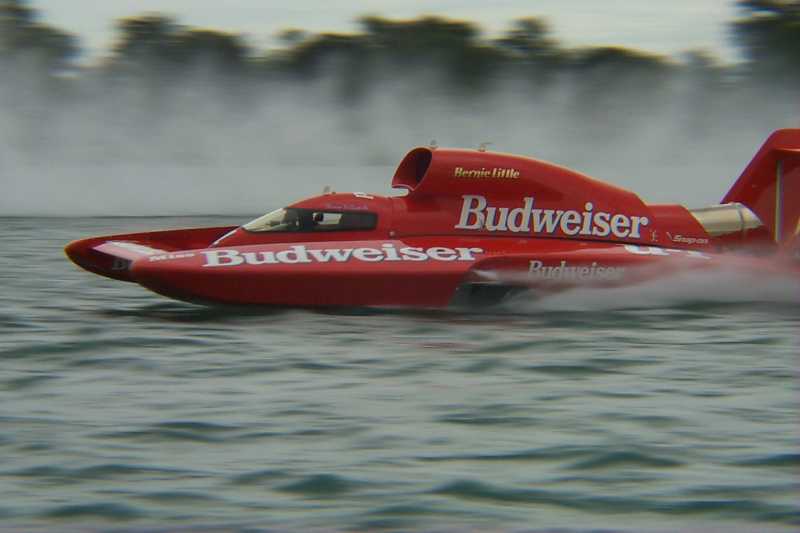Again, why the need for speed? Are bass fast fish?
For that need, glass truly is ideal for racing. And for those with, shall we say, weak muscular-skeletal systems, I can see why a "cushy" ride would be appealing.
As for resale value, glass certainly would retain more resale value in the short run. However, as I have clearly demonstrated, when all is said an done and the boat is ready to be put out to pasture, glass really is put out to pasture. Aluminum is recyled, and the owner can receive at least some of his initial investment back (see Trep's example).
"Purtier" is in the eye of the beholder. I happen to prefer the bold, crisp, clean lines of the TV-18 to the rounded, softer, more feminine lines of the upscale Nitros. But again, appearance is an immeasurable, subjective criteria.
Let's move on to the next objective point. I'll admit, fiberglass boats are a very complex and complicated structure. So complicated, in fact, that it is difficult to tamper or modify the base structure and layout of the boat. Aluminum, on the other hand, lends itself to modification and layout changes quite easiliy. In my boat, for example, I could take the decks out and - with a few adjustment - create a boat layout very different from the one I have. Aluminum is much more "user friendly" for the shade-tree mechanic.
Next Issue - Weight: A Blessing or A Curse
"We also don't have to worry about the weight of our boat "growing" over time - just like many of us!"






